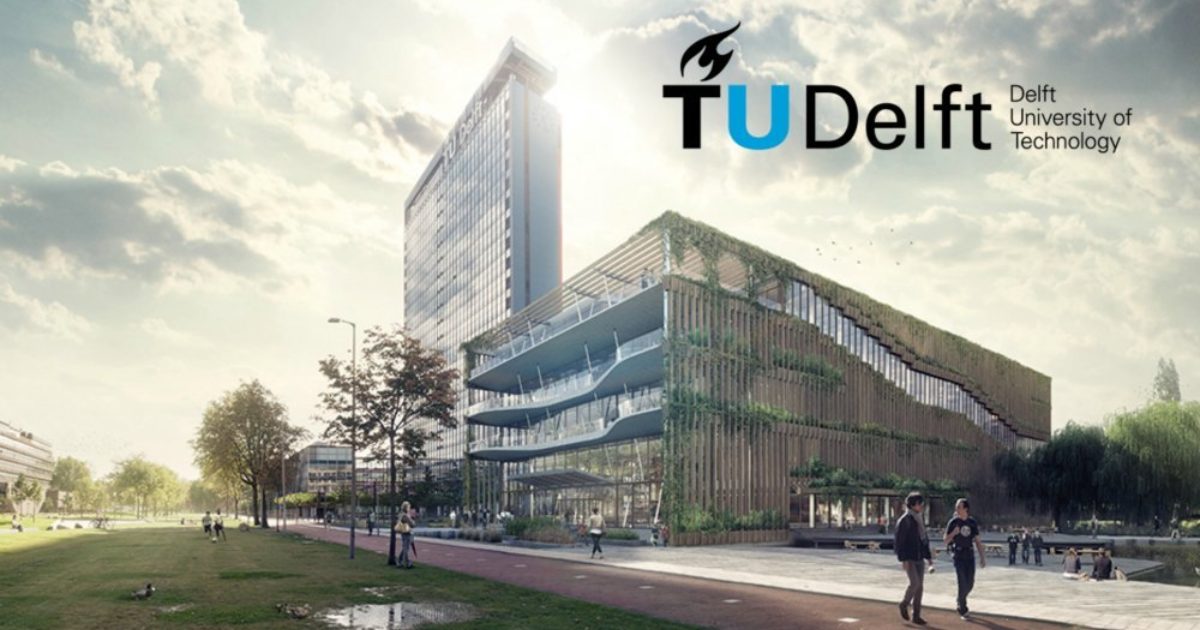Delft University of Technology: TU Delft builds supercomputer on own campus
Academics working in fields including physics, biology and mobility increasingly require computing power to solve and analyse complex problems. To clear the way for such research, TU Delft is building the Delft High-Performance Computing Centre (DHPC). This supercomputer complements existing national and cloud-based facilities, and offers academics and students greater flexibility when conducting their research. The arrival of the supercomputer is accompanied by a comprehensive training programme addressing the effective use of computing facilities. The contract with supplier Fujitsu was signed this week, and the facility is expected to be operational in autumn 2021.
Research, teaching and innovation
High Performance Computing (HPC) is a ubiquitous technology that significantly contributes to the excellence of teaching, research and innovation at TU Delft. Being able to use simulations for research, instead of complex or time-consuming experiments, is just one benefit. Combining and analysing various data sources can also provide new insights. HPC is therefore a highly powerful tool in a range of fields, such as material science, fluid dynamics, quantum mechanics, design optimisation, big data mining and artificial intelligence (AI).
Flexible
What makes the Delft High-Performance Computing Centre special is its flexibility: there are few limitations regarding hardware or software, so the facility can be quickly adjusted in line with research and teaching requirements. This makes it a valuable addition to SURFsara, the national facility that accommodates very large and complex calculations, and to cloud-based services that function as backup facilities.
Approximately 80 per cent of the DHPC’s computing hours will be used for research. The DHPC will also be used for developing new algorithms and testing new types of software and hardware. The facility will soon also offer outstanding teaching opportunities. For example, students and doctoral candidates will no longer need to wait for a long time for permission to test their models and methods on an external supercomputer. Reflecting the increasingly significant role of data in research, a comprehensive training programme is being set up.
Kees Vuik, Professor of Numerical Analysis at TU Delft and director of research at the DHPC: ‘The arrival of the Delft High-Performance Computing Centre sees TU Delft join the forerunners. The social issues that we as academics hope to positively impact are becoming increasingly more complex. The addition of the DHPC to our ICT infrastructure means we have the tools to make our contribution. It also boosts our training capabilities: with our training programme focusing on the effective and efficient use of computing facilities and data processing, we are training the engineers of the future.’
Fast
A supercomputer is one of the 500 fastest computers in the world. The Delft supercomputer will be ranked 250th, with a speed of 2 petaflops (one million times a billion calculations per second). The DHPC also offers all of the advantages of a combined, central facility, which optimally complements the existing ICT facilities for research. TU Delft will therefore become the first Dutch university to purchase and utilise a large computing cluster of this kind.
Partnership
The team at the selected supplier, Fujitsu, is also proud of the partnership developed with TU Delft during the course of the project. Fujitsu will be working together with TU Delft to ensure that the new system significantly contributes to research and teaching at the university. To this end, experts from Europe and Japan will be brought in to support the local Fujitsu team. Fujitsu’s innovations, hardware and expertise, combined with the existing expertise of the DHPC team, will ensure that computing capacity at TU Delft will dynamically adjust to meet the requirements of current and new projects in the years ahead. Bas de Reus, Managing Director of Fujitsu: ‘The collaboration with TU Delft is open and transparent: solid foundations for a successful project. The new computing cluster will support the research of world-class academics. And that’s an excellent match for Fujitsu, in its role as innovator.’

